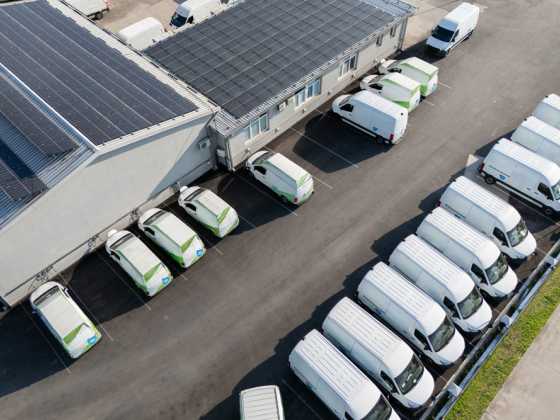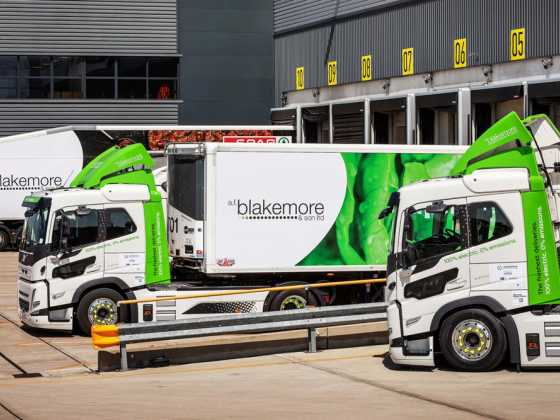LoCity's James Smith on mitigating the impact of the ULEZ expansion

By James Smith, LoCity
With the Ultra Low Emission Zone now active we’ve begun to assess how LoCITY can mitigate the impact of the planned expansion in 2021 and strengthening of the Low Emissions Zone (LEZ) in 2020.
We feel this is by future proofing your fleet during the next purchasing decision but there are multiple factors which influence whether this makes sense. Identifying those barriers and providing a confident signal to manufacturers is critical to reduce lead times on alternatively fuelled vehicles.
Transport for London (TfL) is due to publish a number of new documents this summer around Electric Charging Infrastructure plus the Office for Low Emission Vehicles (OLEV) have recently distributed the findings of their own consultation on last mile deliveries. I think it’s clearer than ever what opportunities and challenges exist in this area and we can’t let infrastructure or energy supply prevent ultra low emission vehicles from entering city centres.
Forward thinking policies are in place with Zero Emission Zones but how they are implemented in terms of matching mitigation with different business operating models will be critical to their success.
We are beginning to see some schemes ramp up delivery – the Go Ultra Low City Scheme (GULCS) has now installed more than one thousand new residential EV charging points. This might not directly solve a pain point for most operators as they charge at 3-7 kilowatts per hour but with 1056 installed to lamp posts and 26 being free standing it does highlight a wider range of options are on the way. I don’t think it will be long before we see hub charging stations as a key part of the mix in London.
Recent motor shows have seen the launch of new electric vans – the LDV EV30 small van will be available from 2020 and looks set to rival the class leading Renault Kangoo ZE and Nissan e-NV200. Excitingly we also saw the Mercedes EQV concept unveiled ahead of a potential September debut in Frankfurt. Why is this big? Well Mercedes claim it will hit 249 miles on a single charge via a 100kWh battery which is more than enough for most shifts!
It’s been heartening to see the number of signatories for Global Action Plan's Clean Van Commitment (CVC) - a public pledge to move to zero emission vans in cities by 2028. In fact it’s now rare to find any operator who doesn’t understand the reasons why we need to improve air quality in London but businesses have to make economic non-emotional decisions. Helping make that practical case for change is the role of LoCITY and building on a CVC pledge is a great way to start.






